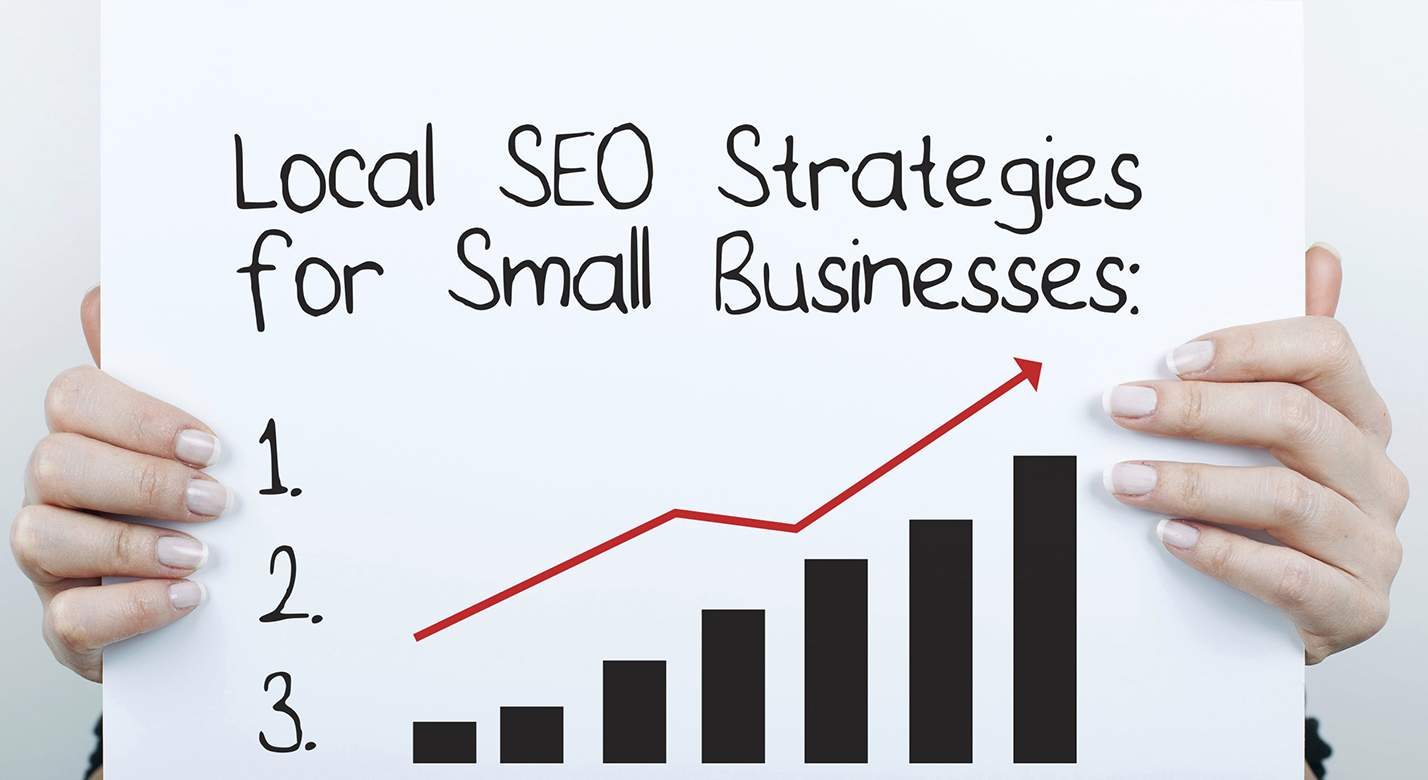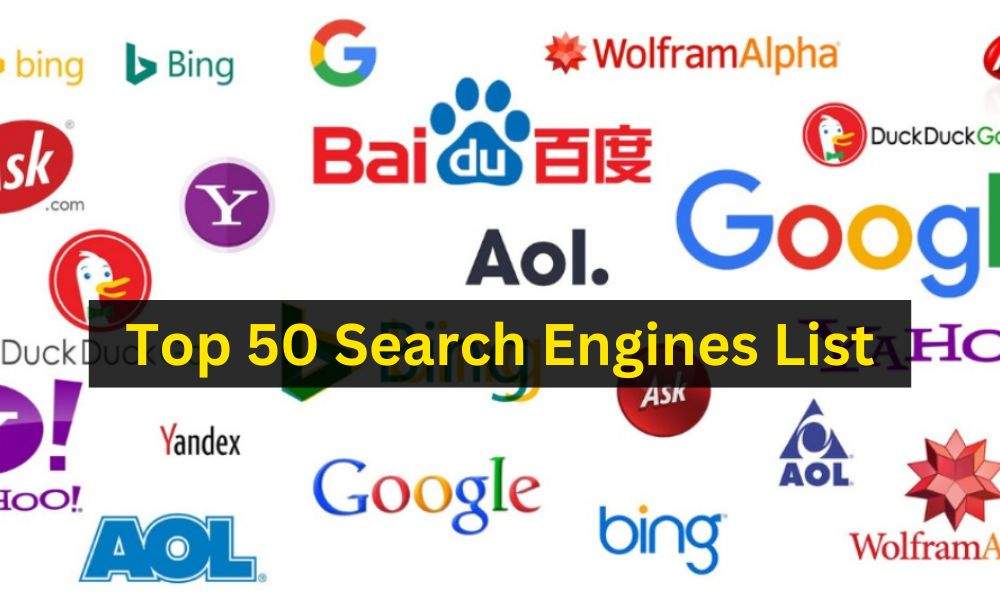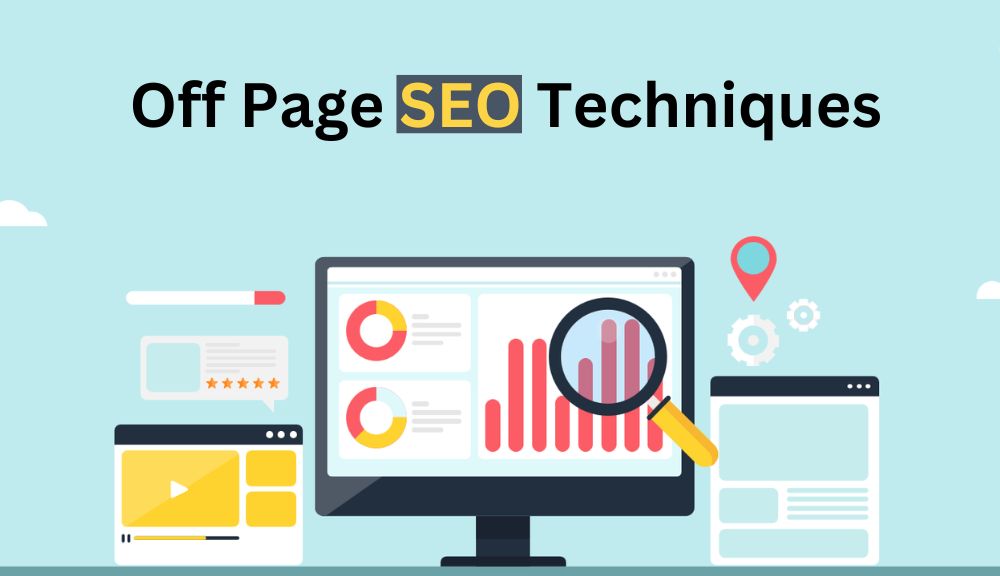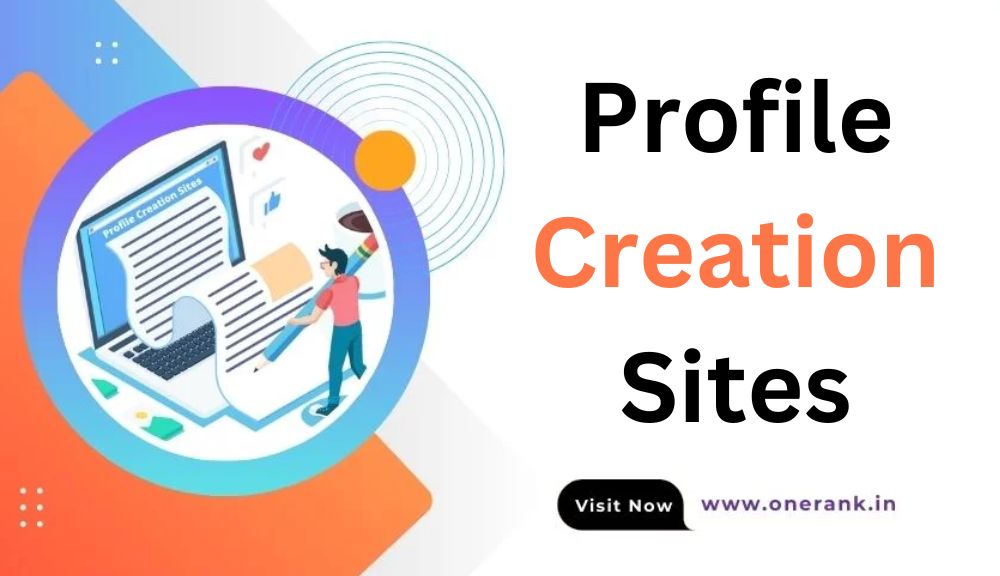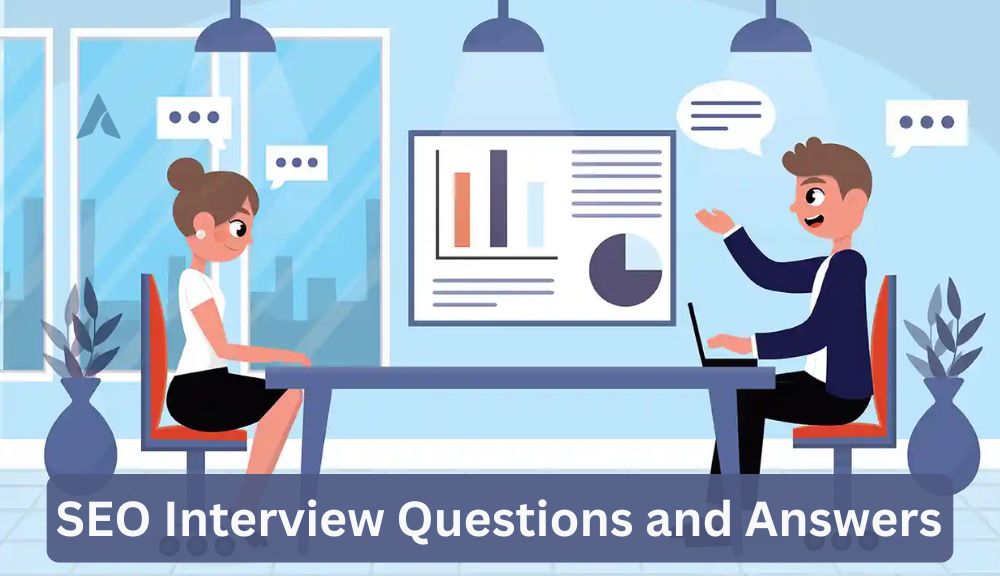If you’re looking to improve your local SEO, there are a few link building strategies that you can use to get started. In this blog post, we’ll walk you through seven simple strategies that you can use to get more links to your website.
1. What is link building and why is it important for local SEO?
Link building is the process of acquiring links from other websites to your own. This is an important part of local SEO, as it helps to improve your website’s authority and visibility. There are a number of ways to go about acquiring links, and it’s important to choose the methods that are most effective for your business.
One of the most effective ways to build links is to create valuable content. This can include blog posts, infographics, and videos. When you create content that is of high quality, other websites will be more likely to link to it. You can also reach out to websites that you think would be interested in linking to your content, and ask them for a link.
Another effective way to build links is through link building campaigns. This involves creating a plan to acquire links from a variety of sources. You can reach out to websites directly, or use tools like HARO to find opportunities to get links.
whichever method you choose, it’s important to be consistent with your link building efforts. The more links you have to your website, the higher your website will rank in the search engines.
2. What are the seven simple strategies for link building?
There are many different link building strategies that can be employed, but not all of them are created equal. In order to get the most out of your link building efforts, it’s important to focus on the strategies that will provide the most value for your website.
The following are seven simple strategies for link building:
1. Create valuable content.
2. Publish guest posts on high-quality websites.
3. Get involved in online forums and discussions.
4. Conduct link swaps with other websites.
5. Submit your website to directories and review sites.
6. Use social media to build links.
7. Invest in paid advertising.
3. How can you implement these strategies for your business?
There are many ways that you can implement the strategies that we have discussed in this chapter for your business. You can tailor them to fit your specific needs, and use them to help your business grow and succeed.
One way to implement these strategies is to create a plan for your business. This plan should include your goals and how you plan to achieve them. You should also include a budget and a timeline for your efforts.
Another way to implement these strategies is to set up a system for tracking your progress. This system can help you to stay on track and make sure that you are making progress towards your goals.
Finally, you should also make sure that you are using the right tools and resources to help you succeed. These tools and resources can vary depending on your business and your goals. But, whatever tools and resources you choose, make sure that they will help you to reach your targets.
4. What are the benefits of link building for local SEO?
There are many benefits of link building for local SEO. Some of these benefits include increased website traffic, improved online visibility, and increased brand awareness. In addition, link building can also help to improve your website’s SEO ranking, which can lead to even more website traffic and conversions.
5. How can you track the results of your link building efforts?
One of the most important aspects of any SEO campaign is tracking the results of your efforts. This enables you to determine what is working and what isn’t, and make necessary adjustments.
There are a number of different ways to track the results of your link building efforts. The most important is to use a tool like Google Analytics to track website traffic. You can also use tools like BuzzSumo to measure the social media shares of your content.
Another important metric to track is the number of backlinks your website has. You can use a tool like Majestic to measure this. You should also monitor the quality of your backlinks, using a tool like Ahrefs.
By tracking these and other metrics, you can measure the success of your link building campaign and make necessary adjustments.
6. Are there any other tips or advice for link building?
There are a lot of different link building strategies that you can use to improve your website’s SEO. However, the most important thing is to be consistent with your efforts. Keep building links and monitoring your results over time to see how you can improve. Here are a few more tips to help you get started:
1. Make sure your website is optimized for search engines. This includes using the right keywords in your titles, descriptions, and content.
2. Publish high-quality content that is relevant to your target audience. This will help you attract links from other websites.
3. Participate in industry forums and blogs, and contribute valuable comments and insights. This will help you build relationships with other bloggers and website owners.
4. Use social media to promote your content and build links. Share your links on Twitter, Facebook, Google+, and other social media platforms.
5. Use directories and other online resources to promote your website. Submit your website to directories like Dmoz and Yahoo! Directory, and include your website’s information in other online resources.
6. Use search engine optimization tools to help you track your website’s progress and identify opportunities for improvement.
7. Conclusion
There is no one-size-fits-all answer to the question of how to conclude a research paper. However, there are a few general considerations to keep in mind.
First, your conclusion should reiterate the main points of your paper, but in a succinct way. It should also provide a synthesis of the information presented, highlighting the most important findings.
Second, your conclusion should provide a closing argument that supports your thesis. This is your opportunity to make a strong case for your position and leave the reader with something to think about.
Lastly, your conclusion should be well-written and concise. It should not be more than a few paragraphs long.
Thanks for reading! We hope you found this blog post helpful and that you’re able to implement some of these strategies to improve your local SEO.


